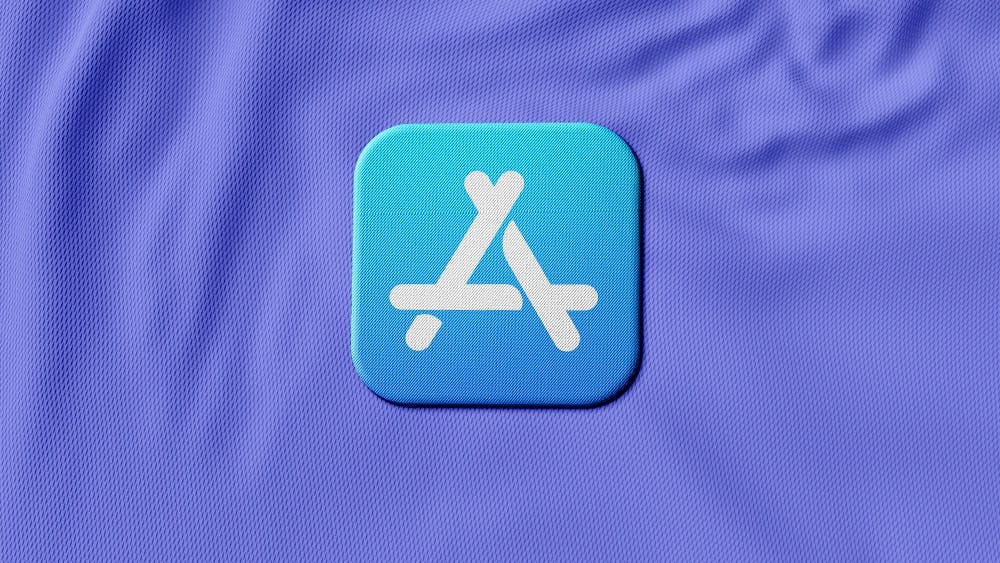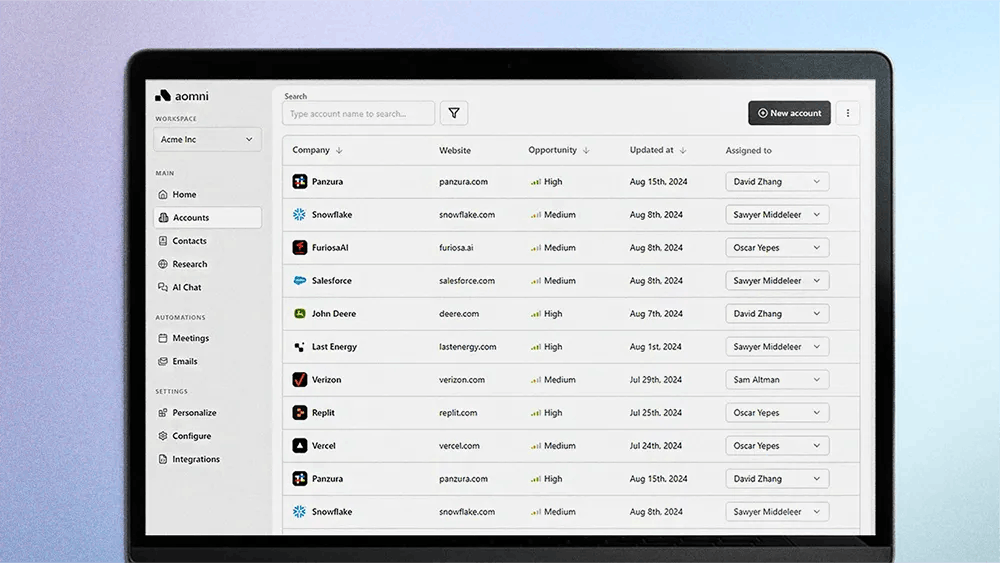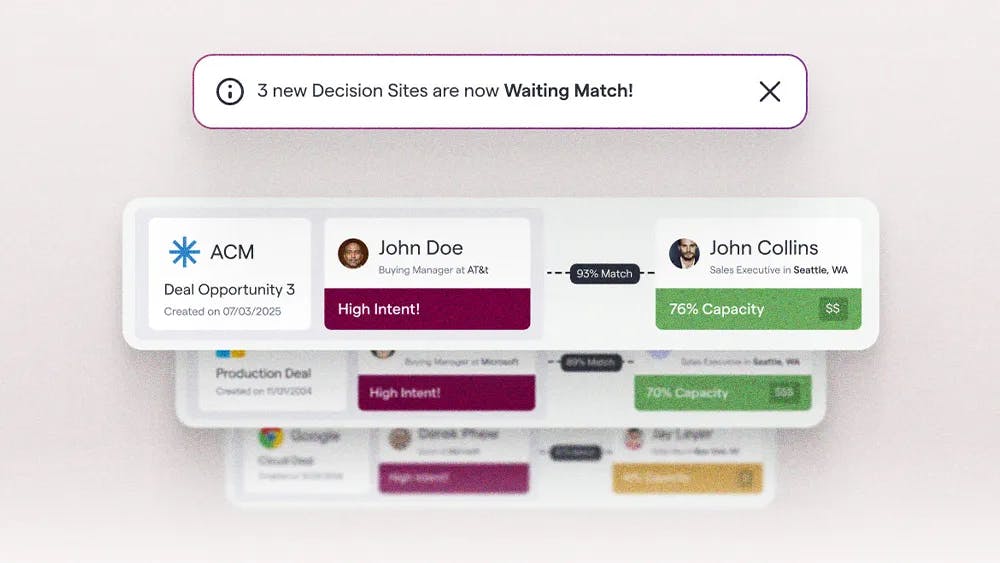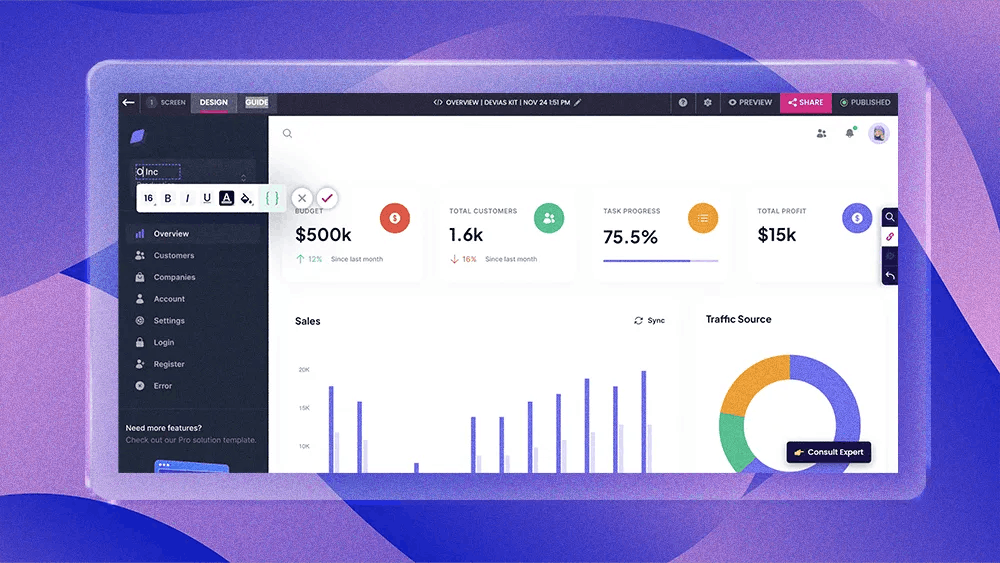It’s important to think about the fact that Apple’s revenue doesn’t come from indie apps... I think even though the ruling technically benefits all developers, the smaller creators are going to have to continue to fight to be heard.
The recent court ruling allowing developers to link out to alternative payment methods in the Epic Games vs. Apple saga sparked headlines, yet many smaller app creators remain cautious about whether the ruling will meaningfully benefit their businesses. While seemingly a step towards loosening Big Tech's grip, concerns linger that Apple will still “find a way to win” by pulling levers through search and discovery.
Jason Spyrides embodies this cautious optimism. As the Founder and Product Designer of the quit-smoking app Weanie, with a background in product design and product management, he operates at the intersection of user-focused product building and the realities of the app economy. Weanie launched in late 2024 and helps users gradually quit nicotine – a mission born from his own experience.
Keeping the Champagne on ice: “You’ve got to understand Apple is not going to go quietly. I’m not completely celebrating yet,” Spyrides warns. The fear is that concessions in one area could lead to restrictions elsewhere. Potential implications worry developers like Spyrides, who anticipates Apple could creatively recoup lost revenue through other means.
Apple retains significant leeway in app discovery, potentially prioritizing those who remain within its payment ecosystem. “App Store search is so important for an app and there’s so much that goes into it, whether it’s keywords, reviews, ratings,” Spyrides notes, adding, “These things really, really affect how your app is found and searched for, and I think they could start to penalize for something like that.”
The sustainability squeeze: The financial pressure of platform commissions, often dubbed the “Apple Tax”, remains a core issue. “Apple taking that 30% eats into any chance of sustainability, especially early on for bootstrapped app makers, when every dollar really matters,” Spyrides explains. This pressure can influence fundamental product decisions. “As an app founder, it often feels like we're being forced into pricing and flows that don't serve my purpose as a builder.”
You’ve got to understand Apple are not going to go quietly. I’m not completely celebrating yet.
Diverted resources: The complexities of monetization within the App Store ecosystem often demand significant development time and resources, pulling focus from core product innovation. “I have been lucky enough to re-invest revenue back into building the product and just improving the overall onboarding flow,” Spyrides says. However, this reinvestment hasn't always gone towards the intended feature expansion. “I launched the app with the idea of having a quick MVP (minimum viable product), and then hoping to build out the app with other core features. But what I've found is that most of the revenue I invest back into the app needs to be spent on the onboarding flow and the paywall screen.”
This focus on optimizing conversion within platform constraints, driven by increasingly sophisticated user expectations around paywalls, can be a source of frustration. “I think it's frustrating to be worrying about the onboarding flow and the subscription and the paywall side of things when I could be building out the product.” The hope is that rulings like Epic vs. Apple might eventually pave the way for more direct, less constrained payment implementations.
Innovation through necessity: Switching to the democratization of development using new AI tools, Spyrides is turning to emerging technologies to accelerate development affordably. “From a design point of view, if you’re a designer and a product person, you can take it one step further and build a fully deployable product,” he explains. By leveraging these tools, he bypassed significant traditional development costs. “What I’ve achieved, by playing around with these tools for one day, previously would have cost me between 20,000-40,000 Aussie dollars.”
The fight continues: Ultimately, the ruling may benefit larger players more significantly, while indie developers continue to navigate a complex power dynamic. “It’s important to think about the fact that Apple’s revenue doesn’t come from indie apps,” Spyrides observes. “It comes from TikTok, YouTube, and huge mobile games. I think even though the ruling technically benefits all developers, the smaller creators are going to have to continue to fight to be heard.”





